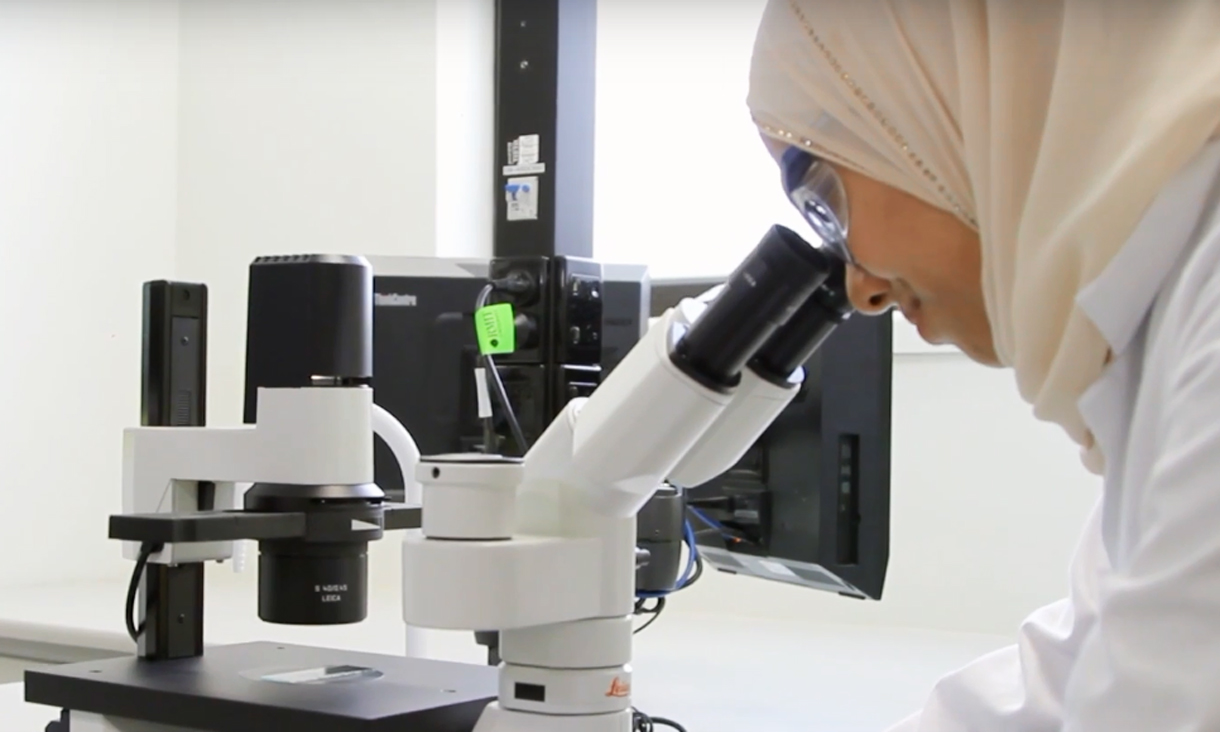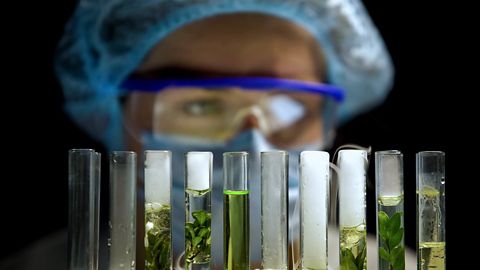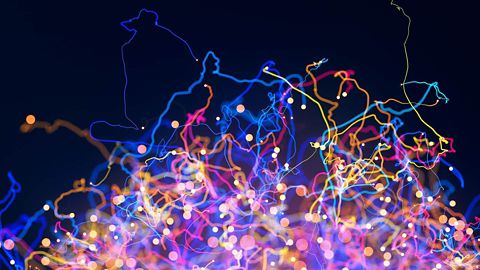Research areas
The facilities allow the separation and measurement of specific molecules, even when these are present in very complex mixtures and/or sample matrices. Analytical chemistry is an enabling science and as such it finds use in all areas of biological, chemical, environmental, food and medical sciences as well as nanotechnology and many branches of engineering. Projects include, measuring pollutants in surface and groundwater, nutrients in food, drug metabolites in blood and many more. If you need a particular compound measured, our staff can usually find a way to do it.
RMIT is a member of the Australian Centre for Research on Separation Science.
RMIT Research Institutes and Centres who use this facility include:
- Health Innovations Research Institute
- Centre for Environmental Sustainability and Remediation
- Water Effective Technologies and Tools (WETT) Research Centre
Staff at the facility are also involved in a number of collaborative research projects with external users such as many of the Victorian water companies, the Victoria Police Forensics Services Department and several Australian universities.








